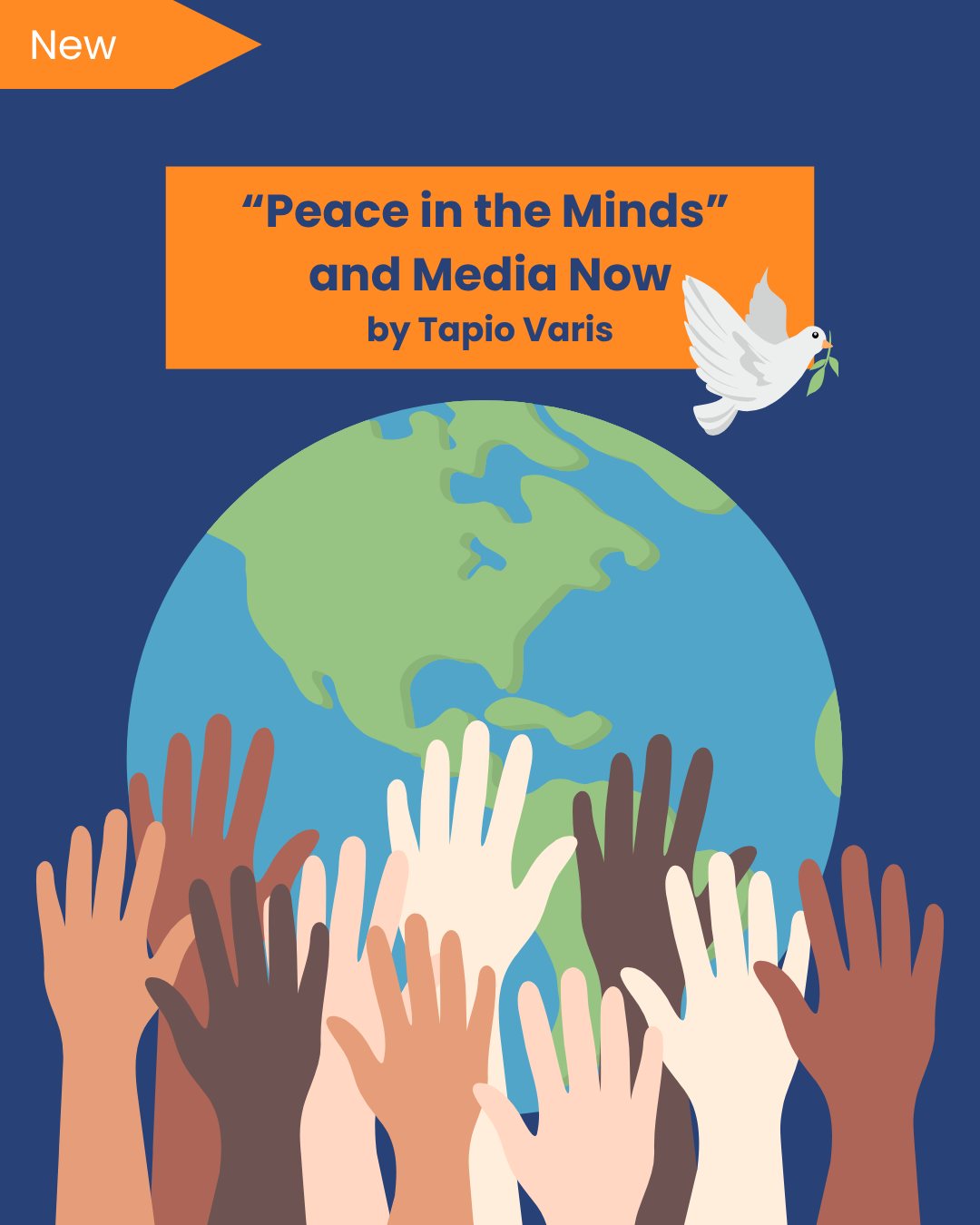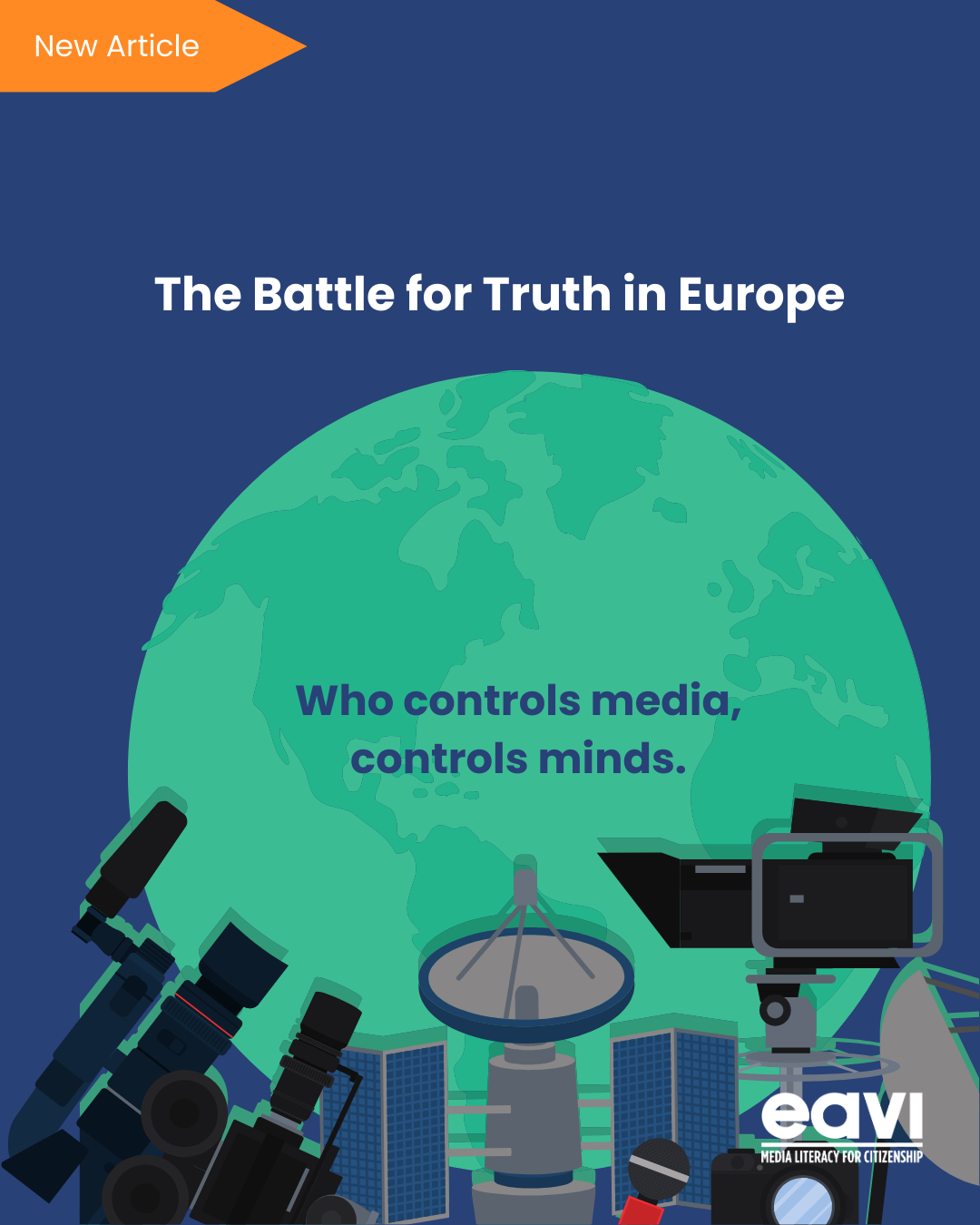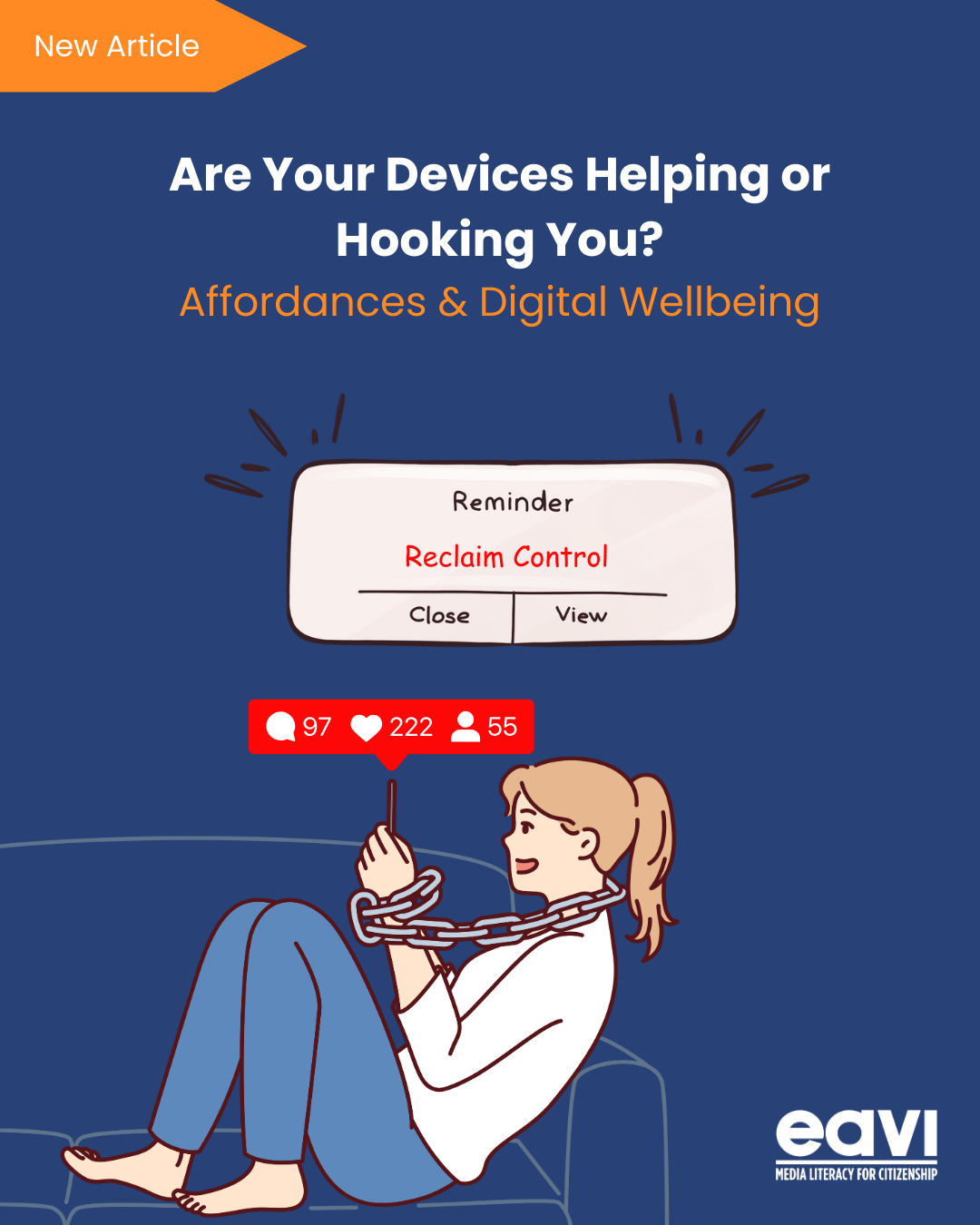Media Literacy alone will never be enough, and the path towards its inclusion in European legislation is still ongoing.
Is Media Literacy just a blurred concept or can we try to break it down into it in different aspects?
Education should address all of these facets: from the communicative power of the images, to propaganda, passing through storytelling and fact-checking.
EAVI staff attended the “Fight Disinformation with Media Literacy” event held on the 13th of November 2018, which focused on precisely these topics. The meeting was an initiative of the Evens Foundation, organized with Media & Learning Association and supported by the European Commission and took place at Bozar. The most important organizations focusing on media literacy and education all around Europe joined the conference, to have a say on the most relevant aspects.
The discussion was mainly about the importance of those issues and how they could be passed down to users, students and people in general.
The debate actually offered thought-worthy insights that EAVI is happy to share:
- Can images sometimes communicate more than words, or is there the risk the reality would be oversimplified?
- Since everyone has different impressions, reactions and and emotions looking at the same pictures, should this teach us the respect for different ideas and for others’ points of view?
- Should we teach how to make propaganda or create fake-news in order to easily recognise and fight them?
- Media literacy and politics should be taught as a combo since early ages, so that young people get more interested in what is around them and they’ll be more aware about fake-news and the consequences of disinformation.
Obviously, it is of crucial importance to discuss about the points listed above, but the approach adopted at the conference, i.e. going in deep in these issues practically working on them through workshops, offered to the participants the chance to really think about the impact of propaganda, disinformation and images.
Media literacy and the fight against fake-news is not just opinions and debate, but it’s something which should be added in school curricula to raise aware users and citizens for the future.
Media Literacy alone will never be enough, and the path towards its inclusion in European legislation is still ongoing.
Is Media Literacy just a blurred concept or can we try to break it down into it in different aspects?
Education should address all of these facets: from the communicative power of the images, to propaganda, passing through storytelling and fact-checking.
EAVI staff attended the “Fight Disinformation with Media Literacy” event held on the 13th of November 2018, which focused on precisely these topics. The meeting was an initiative of the Evens Foundation, organized with Media & Learning Association and supported by the European Commission and took place at Bozar. The most important organizations focusing on media literacy and education all around Europe joined the conference, to have a say on the most relevant aspects.
The discussion was mainly about the importance of those issues and how they could be passed down to users, students and people in general.
The debate actually offered thought-worthy insights that EAVI is happy to share:
- Can images sometimes communicate more than words, or is there the risk the reality would be oversimplified?
- Since everyone has different impressions, reactions and and emotions looking at the same pictures, should this teach us the respect for different ideas and for others’ points of view?
- Should we teach how to make propaganda or create fake-news in order to easily recognise and fight them?
- Media literacy and politics should be taught as a combo since early ages, so that young people get more interested in what is around them and they’ll be more aware about fake-news and the consequences of disinformation.
Obviously, it is of crucial importance to discuss about the points listed above, but the approach adopted at the conference, i.e. going in deep in these issues practically working on them through workshops, offered to the participants the chance to really think about the impact of propaganda, disinformation and images.
Media literacy and the fight against fake-news is not just opinions and debate, but it’s something which should be added in school curricula to raise aware users and citizens for the future.
Media Literacy alone will never be enough, and the path towards its inclusion in European legislation is still ongoing.
Is Media Literacy just a blurred concept or can we try to break it down into it in different aspects?
Education should address all of these facets: from the communicative power of the images, to propaganda, passing through storytelling and fact-checking.
EAVI staff attended the “Fight Disinformation with Media Literacy” event held on the 13th of November 2018, which focused on precisely these topics. The meeting was an initiative of the Evens Foundation, organized with Media & Learning Association and supported by the European Commission and took place at Bozar. The most important organizations focusing on media literacy and education all around Europe joined the conference, to have a say on the most relevant aspects.
The discussion was mainly about the importance of those issues and how they could be passed down to users, students and people in general.
The debate actually offered thought-worthy insights that EAVI is happy to share:
- Can images sometimes communicate more than words, or is there the risk the reality would be oversimplified?
- Since everyone has different impressions, reactions and and emotions looking at the same pictures, should this teach us the respect for different ideas and for others’ points of view?
- Should we teach how to make propaganda or create fake-news in order to easily recognise and fight them?
- Media literacy and politics should be taught as a combo since early ages, so that young people get more interested in what is around them and they’ll be more aware about fake-news and the consequences of disinformation.
Obviously, it is of crucial importance to discuss about the points listed above, but the approach adopted at the conference, i.e. going in deep in these issues practically working on them through workshops, offered to the participants the chance to really think about the impact of propaganda, disinformation and images.
Media literacy and the fight against fake-news is not just opinions and debate, but it’s something which should be added in school curricula to raise aware users and citizens for the future.








































































































































































